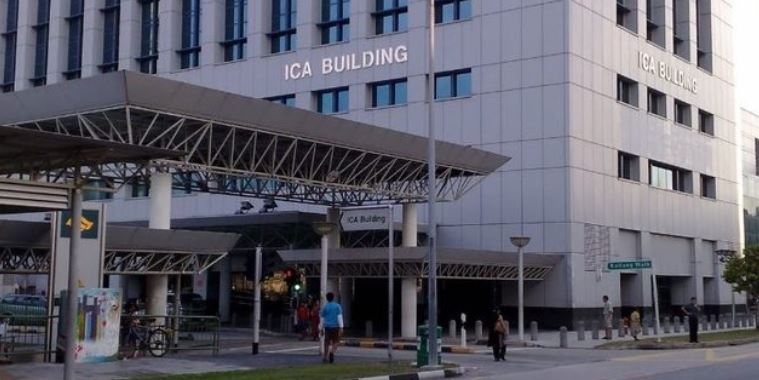SINGAPORE — A dispute regarding the quality of service at an aesthetic clinic quickly escalated into a heated argument between a male staff member and a customer.
On Tuesday (20 June), a video capturing the intense exchange was uploaded on Singapore Incident’s Instagram page.
The caption of the post identified the aesthetic clinic as ClearSK, which operates multiple outlets in Singapore.
In the video, the staff member, dressed in a blue shirt, can be heard raising his voice angrily, telling a female customer, “Get out! You’re here to extort us.”
In response, the woman, speaking in Mandarin, countered, “I won’t leave, I’m staying right here. Didn’t you already call the police?”
Continuing to challenge the staff member, she asked, “Can’t I stay here? Isn’t this a public place?”
Meanwhile, the man insisted that she must leave and instructed another female staff member to prevent the customer from re-entering the clinic.
https://www.instagram.com/p/CttL2NLgW6_/
Netizens suggested that the staff should have handled the situation more professionally
The video garnered mixed opinions from netizens, with some criticizing the staff member’s behavior as “unprofessional and disrespectful” towards the customer, while others speculated that the customer may have behaved inappropriately, contributing to the escalation of the situation.




The woman posted a negative review on Google regarding the clinic’s service
Upon checking the clinic’s Google reviews, it was discovered that a Google user, believed to be the woman in the video, had left a negative review regarding the clinic’s service.
In her review, she mentioned undergoing tear trough injections and expressed dissatisfaction, claiming that the doctor seemed unaware of the tear trough area’s location.
She further criticized the doctor for not promptly addressing the issue and for injecting in unnecessary areas, which worsened her dark circles.

Clinic owner claims woman allegedly caused a lengthy disturbance at the clinic
The owner of the clinic responded to the woman’s Google review, stating that their staff had requested her immediate departure due to alleged abusive behavior towards their doctors and staff.
According to the owner, she was purportedly screaming and shouting, causing a disturbance for almost an hour.
“We have an obligation to protect our personnel and our clients who were having their consultations and treatments in various rooms. The security officer was asked to guard our premises for one hour while she stayed around at the door.”
However, the owner declined to comment further on the issue publicly, revealing that they had already reported the case to the Police and other authorities for investigation.
Additionally, the clinic firmly denied all of the woman’s allegations and reserved their rights regarding the matter.






